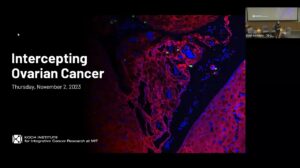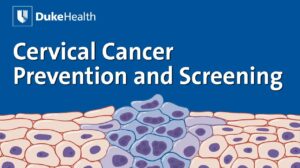NEW YORK (Reuters Health) – Patients with myelodysplastic syndrome (MDS) who are treated with azacitidine before allogeneic stem-cell transplantation fare as well as patients receiving standard pre-transplant induction chemotherapy, according to a French study.
“For the purpose of reducing the tumor burden before alloSCT (allogeneic stem-cell transplantation), azacitidine seems to be a valid therapeutic approach,” the researchers conclude in their report in the Journal of Clinical Oncology online October 29.
Dr. Ibrahim Yakoub-Agha, at the Centre Hospitalier Regional Universitaire in Lille, and colleagues point out that allogeneic stem-cell transplantation remains the only available treatment for MDS that has curative potential, but pre-transplant treatment is controversial. Induction chemotherapy has been recommended for young patients, but it has toxicities that may delay or jeopardize transplantation.
Demethylating agents such as azacitidine, the authors explain, can prolong survival in MDS and have a favorable toxicity profile, but their role prior to transplantation has not been established.
The team therefore analyzed outcomes in 163 MDS patients who were treated with azacitidine or standard induction chemotherapy or both before undergoing allogeneic stem-cell transplants from siblings or HLA-matched unrelated donors. Median follow-up was 38.7 months.
Overall survival at 3 years was 55% in the group given azacitidine, 48% in the induction-chemotherapy group, and 32% among those receiving both treatments, the investigators found. Corresponding figures for 3-year event-free survival in the three arms were 42%, 44% and 29%, respectively.
On multivariate analysis, there was no statistical difference in outcomes between the azacitidine and induction-chemotherapy groups, according to the report. However, sequential treatment with azacitidine followed or preceded by chemotherapy reduced both overall survival (HR, 3.08; p=0.006) and event-free survival (HR, 2.72; p=0.014).
Discussing the findings, Dr. Yakoub-Agha and colleagues comment: “Single-agent therapy with AZA may be of value in stabilizing the disease or even reverting it to an earlier stage and allowing time for patients to reach transplantation since, in our study, only 15% of patients referred to alloSCT after AZA alone had progressed to more advanced disease before transplantation compared with 51% of those who had received ICT alone.”




